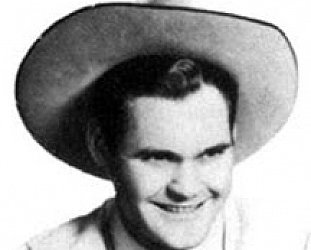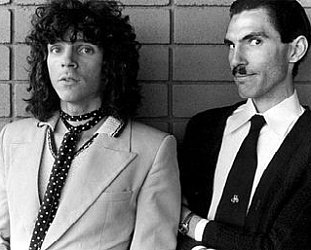Graham Reid | | 1 min read

For someone who was only semi-professional, tiny Lesley Gore (5' 2") was astonishingly busy in the Sixties: Between '63 and '69 she released 29 singles (19 of them went Top 100) and eight albums - outside of greatest hits packages.
And she had some great hits: her first was It's My Party ("and I'll cry if I want to") when she was only 17. It was produced by Quincy Jones and topped the US and Australian charts (and went to #9 in the UK). She quickly followed it with the answer song: Judy who had stolen her boyfriend at the party has lost him back to Lesley, so she sings with glee Judy's Turn to Cry.
At the time the story went around -- because it was a better story than the truth -- that she had been discovered singing at a friend's 16th birthday party. In fact she'd been singing with a small jazz group in New York (she'd had voice training) when she was spotted by someone from Mercury Records and asked to submit an audition tape, which Jones heard and decided to move her into the pop world.
At that time in the States girl groups (the Shirelles, Chiffons, Supremes and Crystals) were big, but solo female singers were more rare. The likes of Little Peggy Marsh (4' 10", I Will Follow Him) and Little Eva (The Loco-Motion) were one-hit wonders.
But with powerful pipes, good material and clever production (echo or double tracking on her voice, handclaps, horns) Lesley Gore was on her way.
It lasted -- with diminishing returns -- throughout the Sixties but in the mid Seventies she retired.
She left a body of great pop, and songs with lyrics which often meant something more than boy-meets-girl superficiality. She sang songs, with great emotion, about genuine teenage feelings.
"I identified with the lyics of my hits," she said later. "I was more than a mouthpiece. I never regretted my position as a female artist singing about teenage life and problems."
But on the moody You Don't Own Me she introduced something more adult and assertive, a song which many consider a pre-feminist statement of power and confidence.
Unfortunately it was to be her last big hit, but it anticipated feminist anthems by the likes of Helen Reddy. And she was still only 18 when she sang with utter confidence "Don't tell me what to do, and don't tell me what to say, and please when I'm out with you, don't put me on display. I don't tell you what to say, I don't tell you what to do, so just let me be myself, that's all I ask ofyou . . . . I'm free to say and do whatever I please".
Powerful self-assertion in less than two and a half minutes.
For more one-off or unusual songs with an interesting backstory see From the Vaults.






post a comment